Hit The Jackpot With Your Pocket Change!
Most people don’t give a second thought to their pocket change. You buy a soda, toss the coins in your pocket and when you get home they go in a jar. Wash. Rinse. Repeat. Eventually, you’ll have enough coins in your jar to cash in at your local bank or Coinstar.
If you work in a coin shop, that’s probably the complete opposite. Nearly everyone that works here checks their pocket change daily. They’re looking for rare dates, die errors, miss strikes, etc. Finding a 1909-S VDB penny in your pocket could yield you close to $2,500 dollars. To put that into perspective, that’s like playing a $1 dollar slot machine and hitting the jackpot for a quarter of a million dollars.
You don’t need to be a seasoned numismatist to know what to look for. In the following article we’ll cover some of the better known coins to look for while checking your pocket change.
1922-D Lincoln Cent
Type: Wheat Penny
Year: 1922
Mint Mark: D
Total Produced: 7,160,000
Value: $21 to $177
Info: There are a couple varieties of this coin such as “Partial D”, “Weak D” and “No D.” The mint marks on early Lincoln pennies were small and quite delicate so the dies were easily compromised. It only took a small amount of dirt, grease or other debris to strike a penny with no mint mark visible. The good thing for you though is that all 1922 pennies were struck at the Denver Mint. So all you need to do is look for the year 1922.
Type: Wheat Penny
Year: 1911
Mint Mark: S
Total Produced: 4,026,000
Value: $63 to $343
Info: This coin is considered a “key date” given its age and rarity (“only” 4 million struck). The value of this coin is dependent on its condition. Coins in great condition bring over $300 dollars.
Type: Wheat Penny
Year: 1909
Mint Mark: S
Total Produced: 1,825,000
Value: $116 to $429
Info: There are two types of 1909-S pennies. So if you find one make sure to check the reverse on the bottom. If you see the initials “V.D.B.” then you haven’t found a 1909-S wheat penny, you’ve found 1909-S VDB and you hit the jackpot! Also, be sure to inspect the “S” mint mark because there was an “S over S” error minted this year. The “S” was stamped sideways, then stamped again right-side up to correct it.
Type: Wheat Penny
Year: 1914
Mint Mark: S
Total Produced: 4,137,000
Value: $28 to $673
Info: This coin is expensive due to it’s scarcity. If you can find one that is in better than poor shape, the value jumps quickly – especially if you have one in great condition with the value topping out at $673 dollars.
Type: Wheat Penny
Year: 1909
Mint Mark: S
Total Produced: 484,000
Value: $964 to $2,479
Info: This variety features the engraver Victor David Brenner’s initials, “V.D.B.” on the reverse of the coin, centered below the wheat stalks, near the bottom rim. Although there were only half a million of these coins produced, we’ve found plenty of them when sorting through standard wheat pennies.
Type: Wheat Penny
Year: 1914
Mint Mark: D
Total Produced: 1,193,000
Value: $281 to $4,268
Info: The 1914-D is considered a Key Date penny. Its value just keeps going up over time and it is the most expensive of the non-error Lincoln cents.
Type: Wheat Penny
Year: 1943
Mint Mark: N/A
Total Produced: Unknown
Value: $60,000 to $85,782
Info: In 1943, all pennies were made out of steel because copper was needed for wartime ammunition and other military equipment. However, there were some copper pennies that were minted that year and were released by accident into the coin supply. It has been suggested that copper plates were tested or left mixed amongst the steel plates in error. Whatever the cause may be, if you happen to come across a copper 1943 penny then you’re looking to be at least $60,000 dollars richer.
2004-D Wisconsin State Quarter with Extra Leaf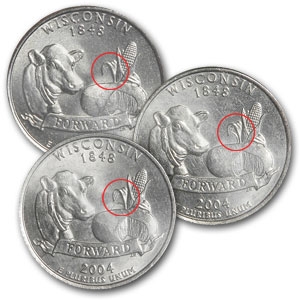
Type: State Quarter
Year: 2004
Mint Mark: D
Value: $25 to $300
Info: There was an error during the minting process at the Denver Mint and some quarters were produced with an extra leaf on the corn stalk. Some believe it was a die flaw, while others have speculated that it was a deliberate act by a Denver Mint employee. In either case, there are two varieties, “low leaf” and “high leaf.”
2005 Minnesota State Quarter Extra Tree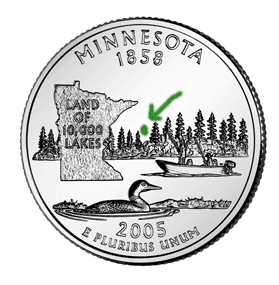
Type: State Quarter
Year: 2005
Mint Mark: Varies
Value: $50 to $800
Info: This quarter has over 54 different reverse varieties. A great resource with an exhaustive amount of information can be found here: http://koinpro.tripod.com/Articles/2005PMinnDDRImages.htm. The main thing for the untrained eye is to be on the look out for an “extra” tree.
Dimes, Quarters and Half Dollars Minted 1964 and before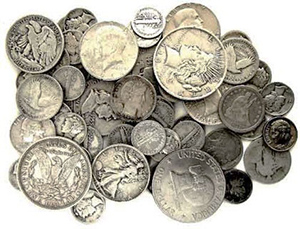
Type: Dime, Quarter, Half Dollars
Year: 1964 and prior
Mint Mark: Varies
Total Produced: Unknown
Value: Varies
Info: Prior to 1965, all dimes, quarters and half dollars were made from 90% silver. A quick check of the date can tell you if you have a silver coin or not. You can also look at the edge of the coin, and you’ll be able to see if the coin has that copper-toned color to it. Coins 1964 and prior will be smoother-ridged and have a solid silver color. At today’s silver price of around $19.50, you can multiply your face value silver coin by 14 and that will give you a rough idea of how much silver you have. For example, one quarter (0.25 x 14) would yield around $3.50 in silver.







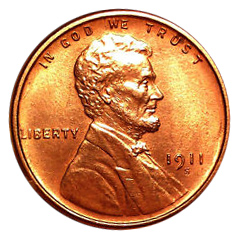
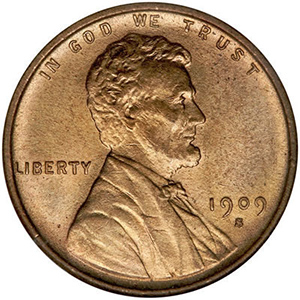
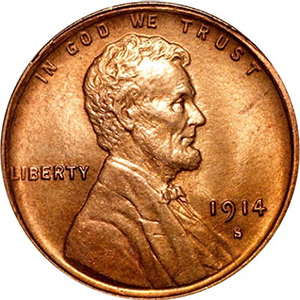
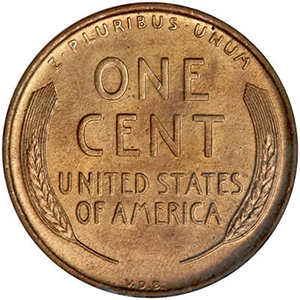
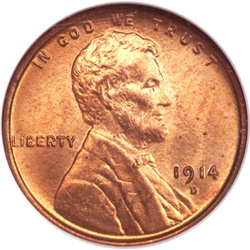
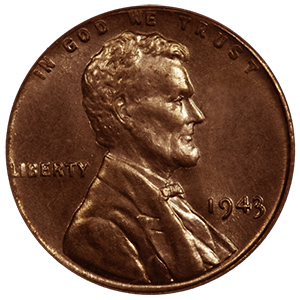
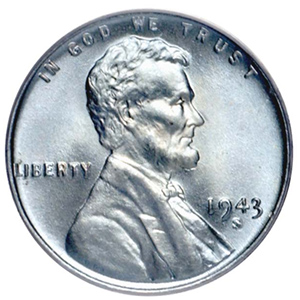
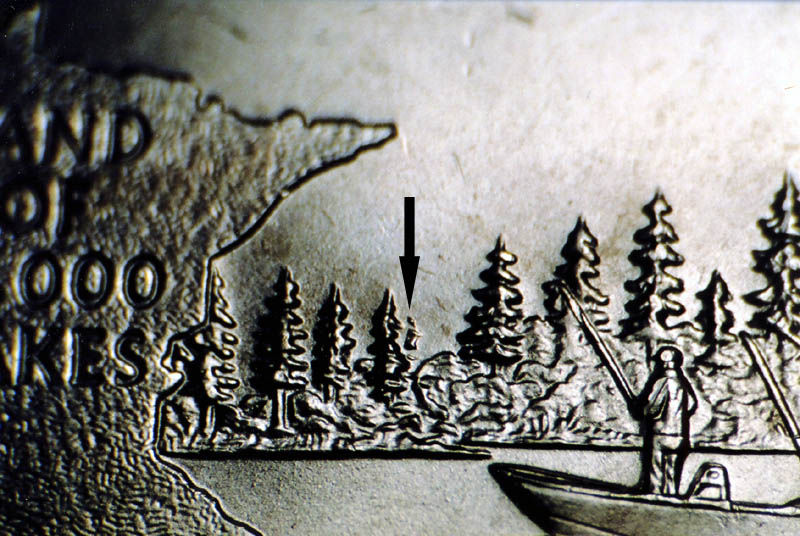

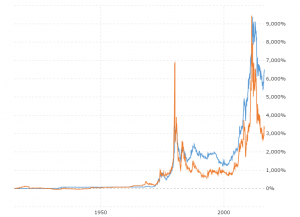
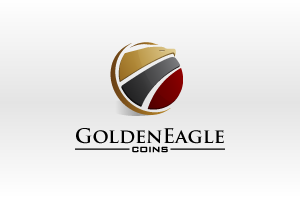
I have one steel penny 1943..Any foreign collector can u PM my email
I found a 1964-D Lincoln Penny that has very weak “D” is this of value?
I live in green valley, az and have some Wisconsin quarters dated 2004 with the left leaf down. They have been circulated,would like to sell them.